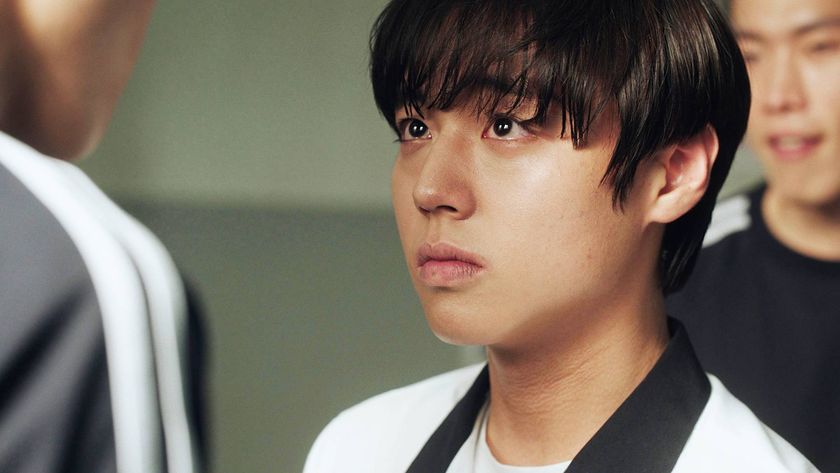Xbox 360 vs. PS3: The Smacktalk Continues
When it comes to video game consoles, talking trash never gets old. In an effort to win your hearts and minds, Sony and Microsoft trade blows over who has the superior system.
In the time we live in, trash talk between rival companies is rarely flamboyant, and usually sprinkled in to larger more broad statements with a never-ending amount of polite jargon. But every once in a while, you see rivals take the gloves off and go for the jugular. Such is the case with Sony and Microsoft as of late.
Right now, in terms of global hardware sales, Microsoft's Xbox 360 is number two, and the PlayStation 3 from Sony is sitting in third (with the Nintendo Wii a very distant number one). Per usual, the companies that are not king of the hill constantly try to spin whatever success they are having. In this day and age, that means Microsoft and Sony are distancing themselves from Nintendo with a lot of "they aren't really our competition" talk, while telling the world why they are superior to each other. As previously stated, this usually boils down to sales figures in different regions, which console has the hottest exclusive software, etc. But now and again, a cat fight ensues.
The most recent bout between Sony and Microsoft started a few days ago, when Kaz Hirai, the head of Sony Computer Entertainment, distanced the PS3 from the Nintendo Wii while saying the Xbox 360 lacks longevity. "It's difficult to talk about Nintendo because we don't look at their console as being competitors. They're a different world and we operate in our world — that's kind of the way I look at things," said Hirai. "And with the Xbox — again, I can't come up with one word to fit. You need a word that describes something that lacks longevity... Last time I checked, they've never had a console that's been on the market for more than four or five years and we've committed to a ten year life cycle, so you do the math."
While what Hirai says is true about Microsoft's console lifespan (the original Xbox lasted four years, and the 360 is now in its fourth year), Microsoft wasn't pleased with the jab nonetheless.
Aaron Greenberg, Director of Product Management for Xbox 360 and Xbox LIVE, pointed to innovation and sales numbers when it came time for a response. "This sounds like an old hardware company that’s comfortable with its market position," said Greenberg. "That complacent attitude is out of touch with where the industry and consumer is today. This generation won’t be won over just hardware specs, but who can out-innovate when it comes to online and software. This is the kind of stuff that’s in our DNA, and frankly moves the console war onto our home court."
While the Xbox 360 hasn't seen the same success in Japan compared to other regions, Greenberg was quick to point out that the U.S. is Microsoft's bread and butter. "With a U.S. install base lead now of more than 7 million units (according to NPD), I can’t imagine any scenario where the PS3 can catch up with us. In fact, even if you doubled the current PS3 sales and Xbox 360 remained flat, they couldn’t close the gap until 2014."
Unrelated to the tiff between the consoles is some other choice quotes from Hirai's interview with PlayStation Magazine. After saying the current console war isn't about numbers and that Sony is still the industry leader, Hirai commented on how some developers think the PlayStation 3 is difficult to program for. "We don't provide the 'easy to program for' console that [developers] want, because 'easy to program for' means that anybody will be able to take advantage of pretty much what the hardware can do, so then the question is what do you do for the rest of the nine-and-a-half years?" said the SCE boss. Evidently, Hirai is not a fan of the XNA Game Studio Express for the 360 then, either.
Sign up to get the BEST of Tom's Guide direct to your inbox.
Get instant access to breaking news, the hottest reviews, great deals and helpful tips.
Devin Connors currently works as a community manager for Rocket League at Psyonix Studios, but he was previously a senior editor at Tom's Guide, writing about gaming, phones, and pretty much every other tech category. His work has also appeared in publications including Shacknews, GameZone, The Escapist, Machinima, and more.
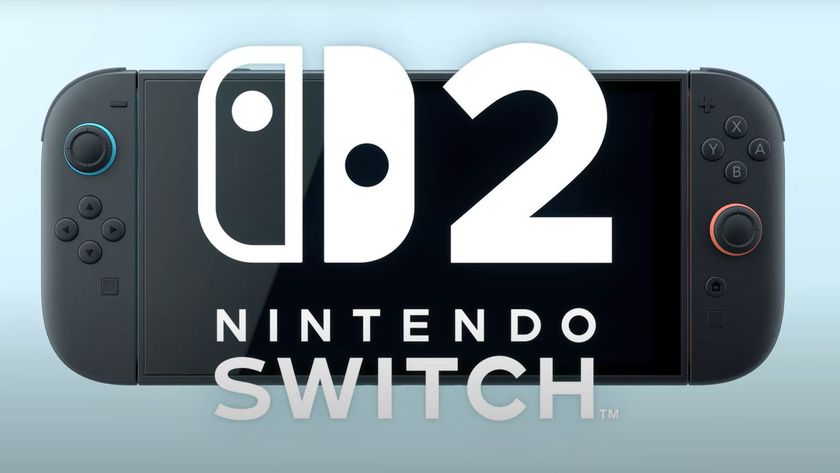
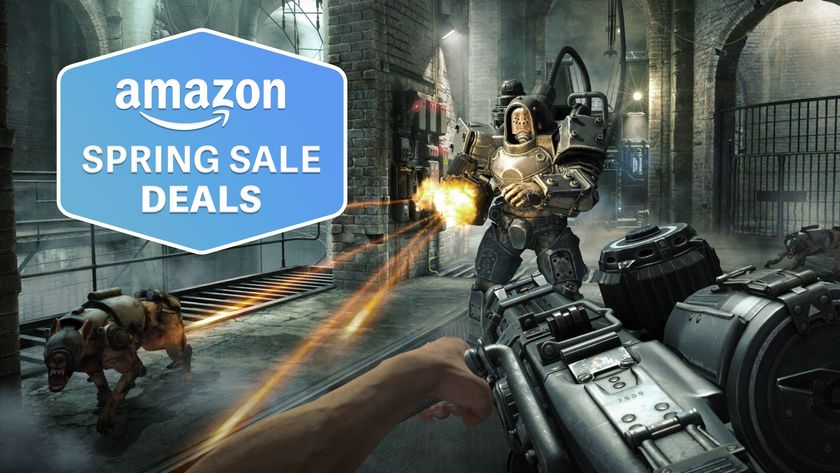
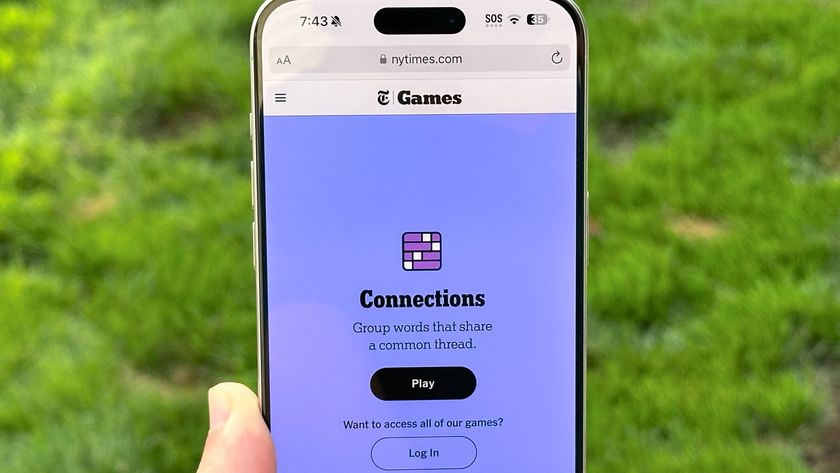

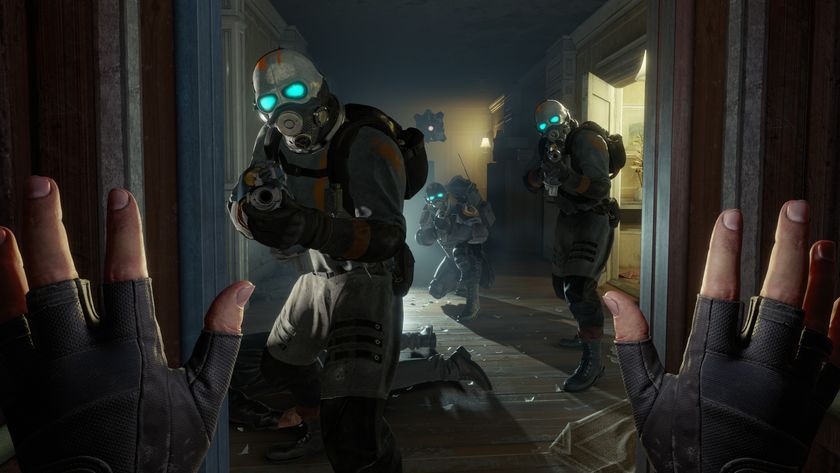


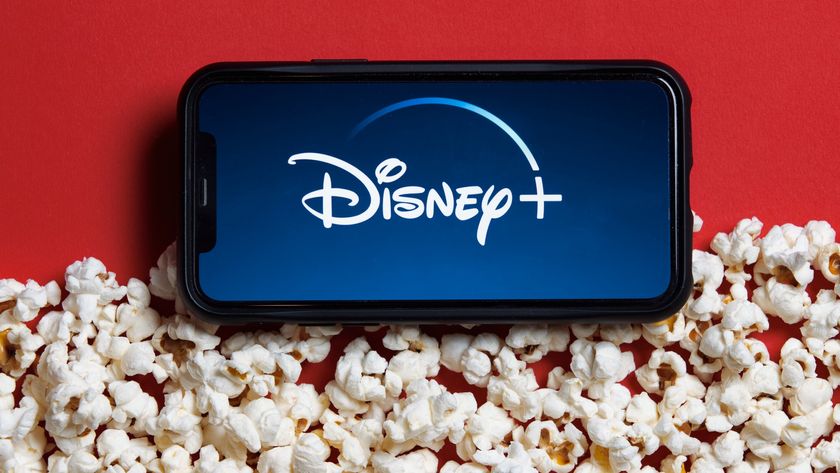

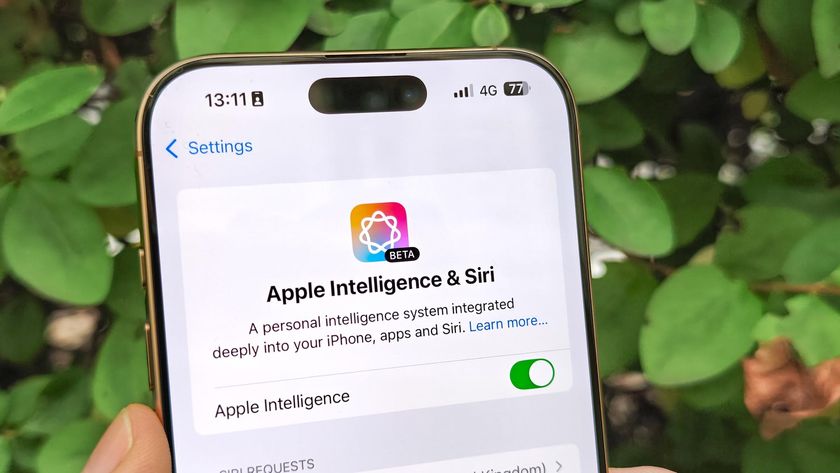

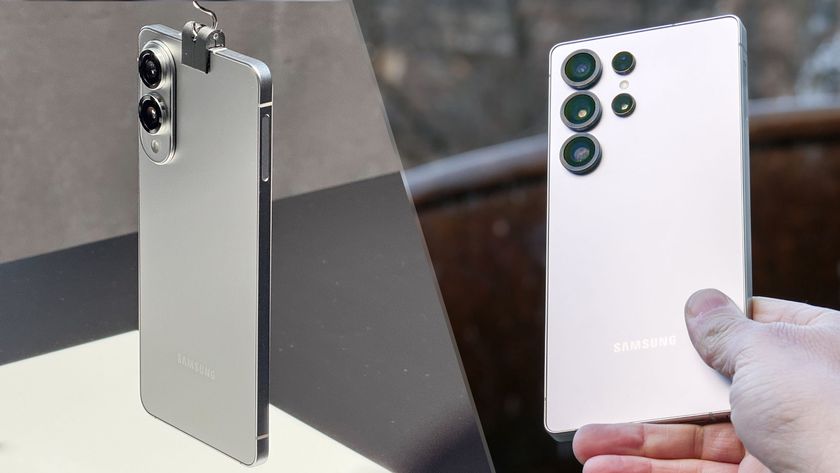
-
Mach5Motorsport Longevity....the long delayed and uber expensive PS3? LOLReply
Nice Sony, keep trying to avoid your own failures by continuing to sell the PS2 to fill in the GAP of disappointment over the PS3 dismal third place sales. -
It's not a bug, it's a feature. LOL...Reply
"We don't provide the 'easy to program for' console that want, because 'easy to program for' means that anybody will be able to take advantage of pretty much what the hardware can do"
-
Pei-chen I believe the fact that many PS3 games are only released in Japan/Asia and not outside may have contributed to the perception that PS3 lacks support.Reply -
It's like someone copy/pasta'd the last three articles from this site and topic into one and their editor loved it even more!Reply
-
Hellbound Is Sony really that full of themselves?? On top of that they purposely made their console hard to program for. I'm now happy I purchased an XBox 360.Reply -
captaincharisma im happy i didn't purchase the crashbox 360 as i don't feel like replacing the system under warranty every couple months. hell the 8-bit nintendo hardware was more reliable than MS failure. im glad i spent the extra money for the PS3 to get a console that I know is reliableReply -
Tindytim I find it odd that people consider the PS3 to be such a failure when they've sold faster than the 360.Reply
~20 million consoles over 2 years (10 million a year) versus ~28 million over 3 years (9 million a year). *source VGChartz* -
gm0n3y ReplyWe don't provide the 'easy to program for' console that want, because 'easy to program for' means that anybody will be able to take advantage of pretty much what the hardware can do.
Wow, to just come out and say that to the media, wow, that dude's got balls. -
grieve I bought a PS3 the day it was released here in EDM,Canada…I now own a PS3, 360 and a Wii.Reply
I like PS3 more then the others. To be frank, I don't care who has sold more units or who has a larger Penis.
My Son plays PS3 - 75%, Wii - 20% and only plays the 360 if one of his friends is playing online and he wants in the action..5%
At this point I think people buy the 360 over a PS3 because it is cheaper, and everyone has one. Not because it is actually the better unit… which it is not.
---------------------------------------------
I bet some 360 fanboy places a negative on this comment… even though everything mentioned is 100% opinionated and cannot be incorrect.



